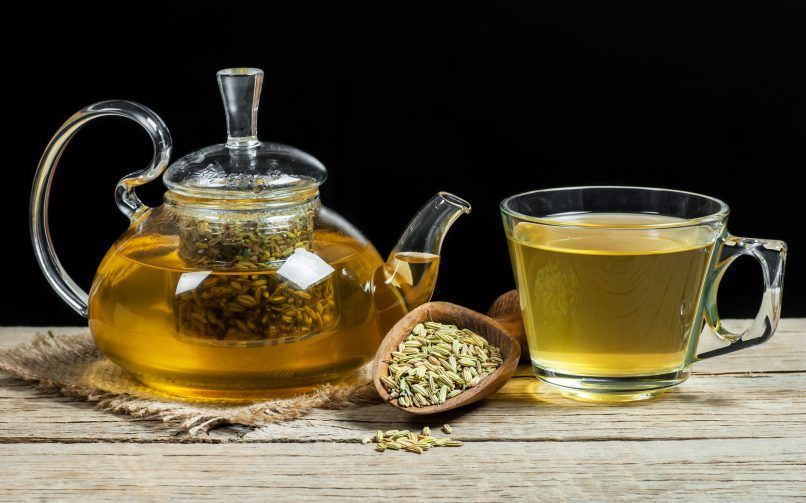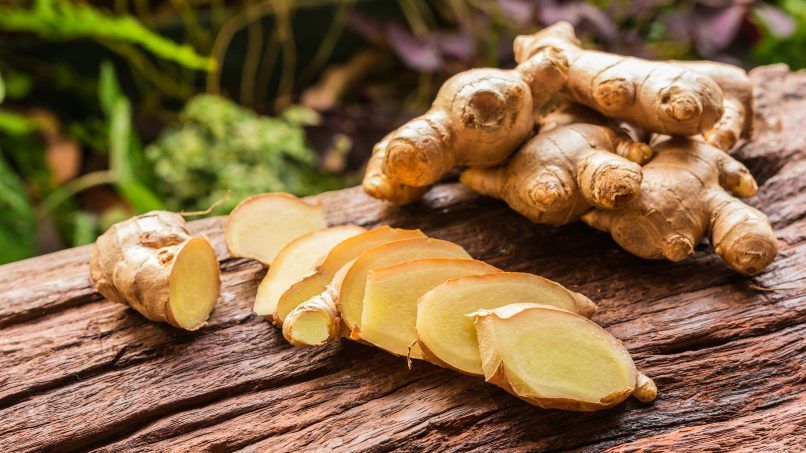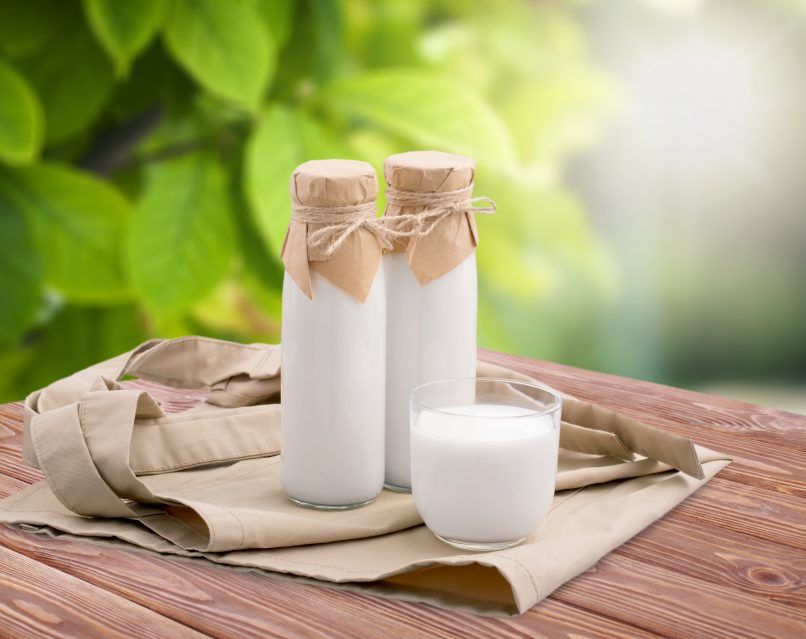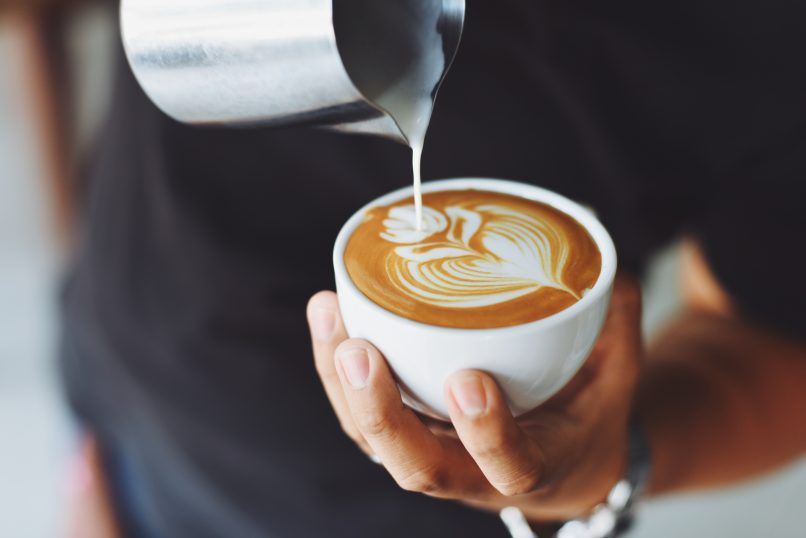Bloat. Yes, we’re here to discuss ways to avoid and alleviate the extremely uncomfortable feeling caused by inflammation in the body. You’ve all experienced it, whether mildly or to the point where you describe it as having a full balloon in your belly. Whatever way it hits you, it’ll make you want to go home, change into your baggiest PJs, and call it a night. While breathing exercises, physical activity, and staying hydrated are among of the most common remedies, we’ve compiled a list of other all-natural home remedies to eliminate the bloat – fast.
What is bloating?
Bloating is a condition where your belly feels full and tight, often due to gas.
Home remedies to reduce bloating
Intermittent Fasting
We’re sure that intermittent fasting is the diet of choice for the majority of dieters. Many people who fast claim to observe an improvement in their bloating issues in less than a week, according to research. If you’re not familiar with intermittent fasting, it means that you only eat within an eight-hour window of your day, and the other 16 hours are dedicated to fasting.
Fennel

Fennel has been shown to help the digestive system. It has been used in traditional medicine to treat everything from bloating to abdominal pain to severe gas. According to a recent study, fennel plants and seeds contain anti-inflammatory, antibacterial, and anti-fungal properties. Its seeds and powder have a licorice taste and may be added on almost any cuisine. You can even make your own tea by mixing it with hot water and lemon.
Ginger

Here’s another home remedy that’s great for bloating. Ginger is regarded as one of the most anti-inflammatory ingredients available. It is most effective and powerful when taken straight from the root, however ginger is also commonly found in supplements and teas. Because ginger relieves pain and preserves the stomach lining, it can assist with bloating, nausea, pain, and other issues. If you’ve never used ginger root before, it might appear intimidating, but it’s actually rather simple to blend. When you’re ready to use it, simply cut off a little piece, rinse, peel, and throw in the blender, or steep a few slices in hot water for a comforting cup of ginger tea.
Liquids
Eating softer, more liquid-filled foods is something that many people find very helpful with bloating. The softer the meal, the more pre-digested it is, thus this essentially means adding more water and cooking for a longer period of time. Try making your oatmeal with more water, boiling your rice or quinoa with additional water until it’s nearly in a broth, and eating more soups and pureed foods. Whether you have bloating or not, this will help in the digestion and absorption of more food and nutrients.
Moderate Stress Levels
Bloating isn’t always the result of what you put into your body, believe it or not. Cortisol, also known as the stress hormone, can cause a range of symptoms in your body, including bloating. According to research, stress has a direct impact on the digestive system, which can lead to bloating. Getting more sleep at night, low-intensity exercise, and meditation are all natural ways to lower cortisol. Walking is one of the best workouts for lowering cortisol levels. Walking at a moderate pace for around 20 minutes is enough.
Consume some plant-based probiotics
If you and your bloated stomach are feeling down, experts recommend reaching for live bacteria that can help resolve gut flora imbalances.
Probiotics are your own superheroes, preventing harmful bacteria and yeast from accumulating in your intestines and causing bloating. The best probiotics, according to experts, comprise the following strains of beneficial microbes: Lactobacillus acidophilus, Lactobacillus reuteri, and Saccharomyces boulardii.
Try eliminating dairy

Even though going gluten-free is all the rage these days, you are more likely to develop a lactose intolerance than a gluten sensitivity. Lactose is the main sugar in milk, and it requires an enzyme called lactase to be effectively processed in your body. Lactase is abundant in infants because they require it to digest milk, but as we age, we generate less and less lactase since we no longer require it. This makes it incredibly difficult for the digestive system to break down cow’s milk and other dairy products in the same way, resulting in bloating.
Fortunately, we live in a time where there are a plethora of non-dairy milk options. For a few weeks, replace your latte for an oat milk brew and see how you feel.
Drink less coffee

We have some bad news for you: coffee is naturally dehydrating, increases acid production, and irritates your GI tract, all of which invite bloating. But we live in the real world, and for many of us, kissing goodbye to coffee to relieve bloating is simply not an option. According to experts, restricting oneself to one cup of coffee or less each day can help prevent caffeine-related bloat.
Hero and Featured Image: Courtesy Shutterstock

